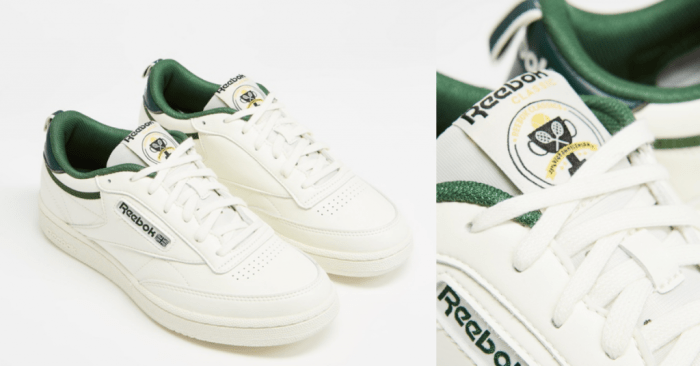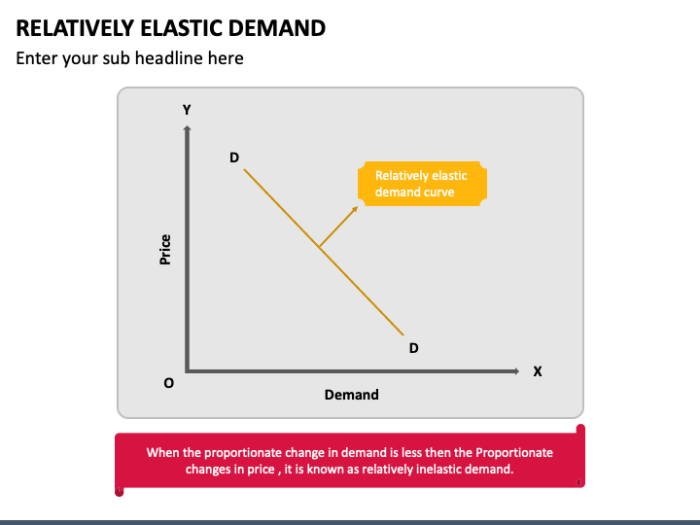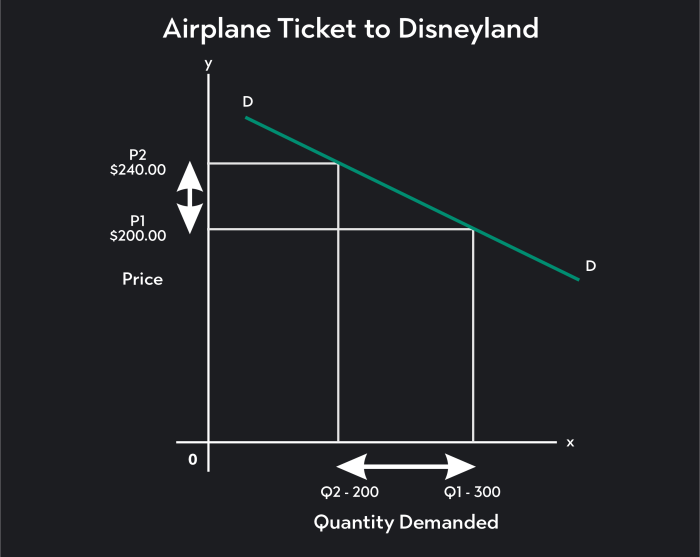The demand for Reebok sneakers is relatively price-sensitive, meaning that changes in price have a significant impact on consumer demand. This is due to several factors, including the availability of close substitutes and the discretionary nature of sneaker purchases.
In recent years, Reebok has faced increasing competition from other sneaker brands, such as Nike and Adidas. As a result, Reebok has had to carefully consider its pricing strategy in order to remain competitive.
Market Analysis

Reebok, a leading sportswear brand, holds a significant market share in the global sneaker industry. However, its position relative to competitors varies across different regions and market segments.
In North America, Reebok’s market share has declined in recent years due to intense competition from Nike and Adidas. In contrast, the brand has maintained a strong presence in Europe and Asia, particularly in fitness and lifestyle categories.
The demand for Reebok sneakers has fluctuated over the past few years. The rise of athleisure fashion and the increasing popularity of retro styles have contributed to a resurgence in demand for Reebok’s classic designs.
Consumer preferences for Reebok sneakers are influenced by factors such as:
- Design:Reebok’s sneakers are known for their bold and innovative designs, which appeal to consumers seeking a unique and stylish look.
- Comfort:Reebok sneakers are engineered with advanced cushioning and support systems, providing exceptional comfort for both casual wear and athletic activities.
- Brand loyalty:Reebok has established a loyal customer base who appreciate the brand’s heritage and association with iconic athletes.
Price Sensitivity

The price elasticity of demand for Reebok sneakers is relatively low, indicating that consumers are not highly sensitive to price changes.
When Reebok increases its prices, it typically experiences a modest decline in demand. However, this decline is often offset by increased sales in other product categories or market segments.
Reebok has adjusted its pricing strategy in response to market demand. For example, the brand has introduced more affordable sneaker lines to cater to budget-conscious consumers while maintaining premium pricing for its high-end models.
Competitor Analysis: The Demand For Reebok Sneakers Is Relatively Price

Reebok’s major competitors in the sneaker market include Nike, Adidas, and New Balance.
Nike is the global leader in the sneaker industry, with a significantly larger market share than Reebok. Nike’s success is attributed to its strong brand recognition, innovative products, and extensive marketing campaigns.
Adidas is another major competitor, particularly in the sports performance category. Adidas has a strong presence in both the basketball and soccer markets, and its sneakers are known for their durability and technical features.
New Balance is a smaller but well-respected competitor in the sneaker market. New Balance focuses on producing high-quality sneakers for running and casual wear, and its products are known for their comfort and durability.
To gain a competitive advantage, Reebok can differentiate its products and pricing by:
- Focusing on niche markets:Reebok can target specific market segments, such as fitness enthusiasts or sneaker collectors, where it has a strong competitive advantage.
- Developing innovative products:Reebok can invest in research and development to create unique and technologically advanced sneakers that stand out from competitors.
- Adjusting pricing strategy:Reebok can adjust its pricing strategy to offer competitive prices in key market segments while maintaining premium pricing for its high-end models.
Marketing and Promotion

Reebok’s marketing and promotional strategies for its sneakers include:
- Celebrity endorsements:Reebok has partnered with high-profile athletes and celebrities to promote its sneakers and build brand awareness.
- Social media marketing:Reebok actively engages with consumers on social media platforms, showcasing its sneakers and connecting with potential customers.
- Influencer marketing:Reebok collaborates with influential figures in the fashion and fitness industries to promote its sneakers and reach a wider audience.
These strategies have been effective in driving demand for Reebok sneakers. However, Reebok can further improve its marketing and promotion efforts by:
- Targeting specific consumer segments:Reebok can tailor its marketing campaigns to specific consumer segments, such as fitness enthusiasts or sneaker collectors, to increase the effectiveness of its messaging.
- Creating engaging content:Reebok can develop engaging and informative content that showcases the unique features and benefits of its sneakers, such as product demonstrations or behind-the-scenes videos.
- Leveraging technology:Reebok can utilize technology to enhance its marketing and promotion efforts, such as using augmented reality to allow consumers to virtually try on sneakers or using data analytics to track campaign performance and optimize future efforts.
User Queries
What factors influence consumer demand for Reebok sneakers?
Several factors influence consumer demand for Reebok sneakers, including design, comfort, brand loyalty, and price.
How has Reebok adjusted its pricing strategy in response to market demand?
Reebok has adjusted its pricing strategy in response to market demand by offering discounts and promotions, and by introducing new products at different price points.
What are some potential improvements to Reebok’s marketing and promotion efforts?
Some potential improvements to Reebok’s marketing and promotion efforts include increasing the use of social media, developing more targeted advertising campaigns, and partnering with influencers.